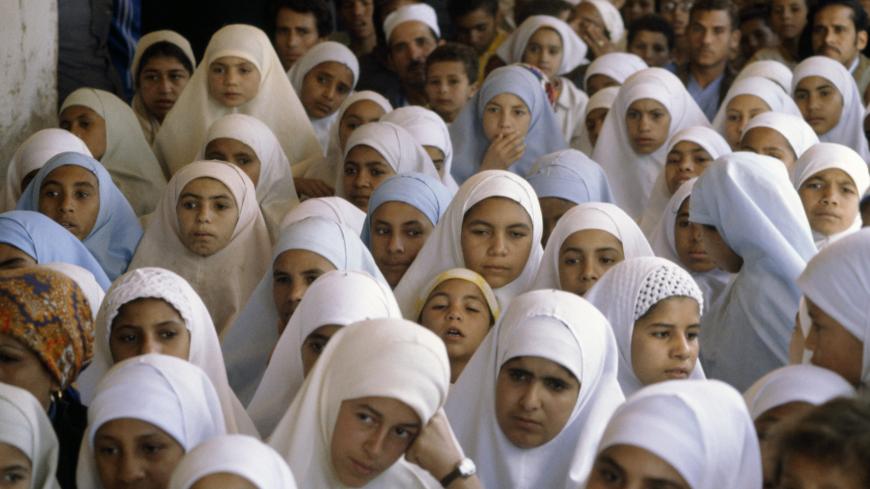Malak Abdel Hakim, 15, was doing well at school before her parents forced her to drop out several months ago. The family lives in Mallawi, a city in the southern Egyptian governorate of Minya. Her father works in the Greater Cairo area as a doorman at a residential building in the Giza neighborhood of Mohandessin and barely earns enough money to support his family of nine. He turned a deaf ear to pleas from Malak's teachers to let her finish her education, and decided it was time for her to stay home and help her mother with chores. Her older sisters had all dropped out of school at even younger ages to get married, and Malak, too, would have to "conform to social norms," he insisted.
While the legal minimum age to get married is 18 in Egypt, child marriages are not uncommon in the poor marginalized southern communities, where girls are often married at early ages to alleviate their families' financial burdens. Some families circumvent the law by postponing the registration of the marriages until the girls turn 18. A 2017 census by CAPMAS, Egypt's national statistics agency, showed that 15% of Egyptian girls are married before they turn 16. But child marriage has been on the decline in recent years, largely due to awareness campaigns about the health implications of early marriage, including pregnancy and childbirth complications and higher risks of domestic violence.



